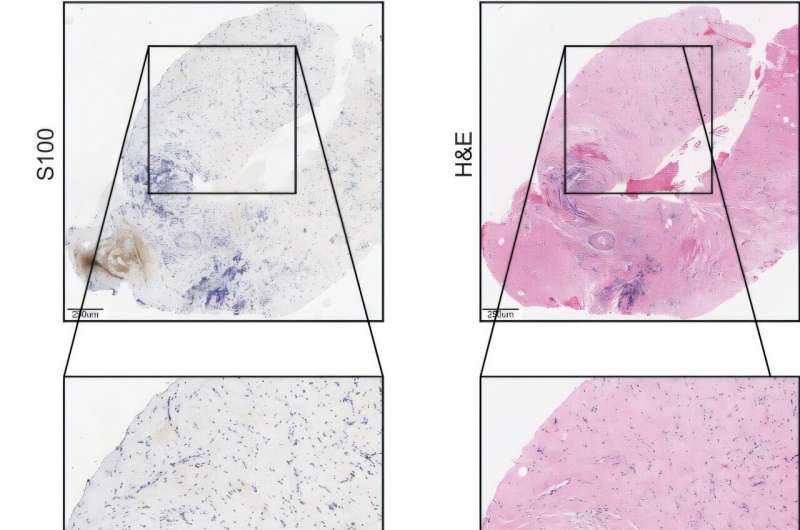The study, published in Nature Medicine, showed that nearly 90% of participants experienced significant tumor reduction or complete disappearance after receiving pembrolizumab, an anti-PD-1 immune checkpoint inhibitor, highlighting the therapy as a promising treatment option for this difficult-to-treat cancer.
“Patients with advanced desmoplastic melanoma demonstrate a high response rate to single-agent PD-1 blockade therapy, reinforcing the use of anti-PD-1 as the preferred treatment option for this disease,” said Dr. Antoni Ribas, the study’s senior author, a professor of medicine at the David Geffen School of Medicine at UCLA and director of the UCLA Health Jonsson Comprehensive Cancer Center’s Tumor Immunology Program.
“It offers a less invasive, more targeted approach compared to surgery, radiation or combination immunotherapies, which can have more severe side effects.”

